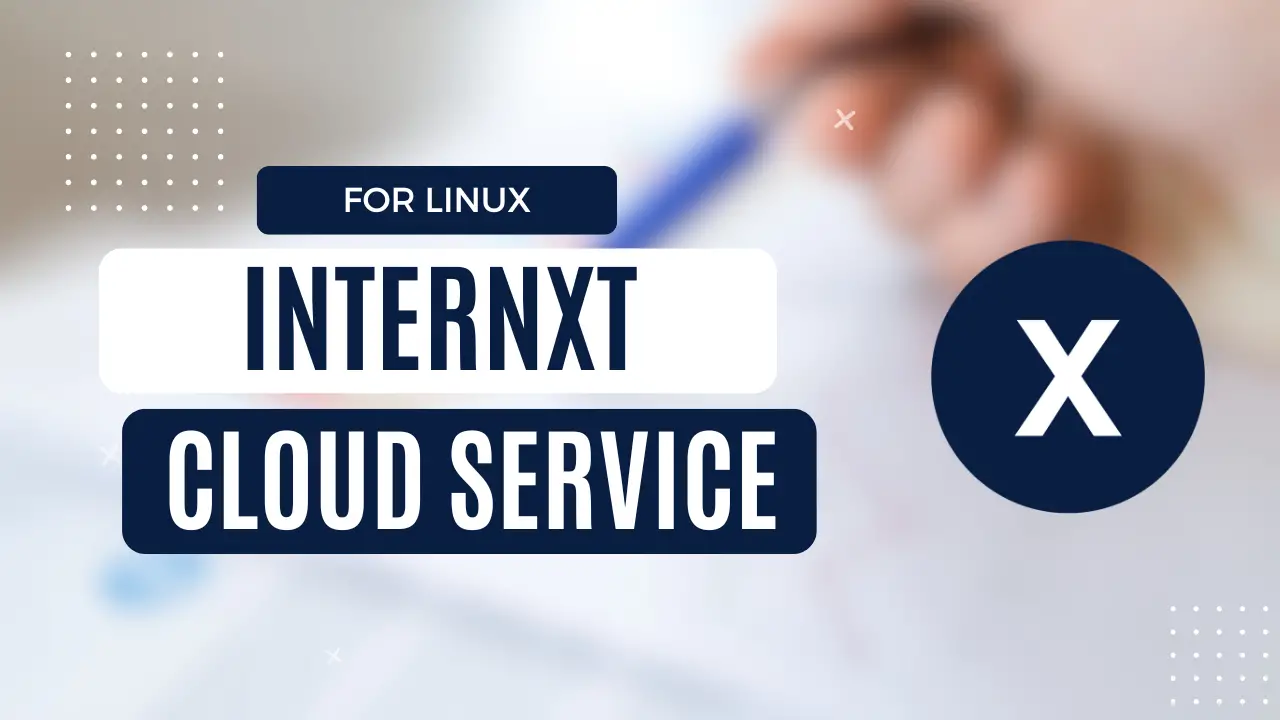How I Started Using Linux
Table of Contents
It is April 2019 as I am writing this article from my Ubuntu 18.04 and I don’t remember the last time I had to use Windows for something that Linux couldn’t do. I don’t remember the last time I opened the thing called Ubuntu Software Store since I just use apt for most system-related package management.
I also actively avoid using gedit in favor of nano for editing configuration files. But things haven’t always been the way they are now for me. Initially, I was scared of Linux.
How it All Started
So I was pretty good with computing in general and I would set up custom builds, replace laptop parts, install windows, format hard drives and all of that general stuff so I can say I was like just your average so-called tech geek who thought he could solve any problem. But one day, somewhere in April 2016, I decided to install Linux with a simple motive to see what it was.I started off with dual booting Ubuntu with my then windows 10 and successfully managed it in the first try(with sheer luck somehow). I read a few tutorials on getting started and the journey began.
My initial approach to Linux
As I came from the windows environment my view of computing was limited to clicking buttons and selecting options. But all of this change with Linux and I was not enjoying it since there were no batteries included and it felt like my whole life had been a lie.
I still remember when I first had to install google chrome. I looked up the App store for it and did not find it, but a few days later I happened to come across chrome’s .deb package and after a few hours of understanding how I was supposed to install it, I ran the command sudo dpkg -i google-chrome.deb only for an error to throw up on my face saying a dependency was missing.
The solution was simple, I had to hit an apt -f install but I didn’t know it back then. Disheartened, I ended up using the Gdebi package installer that would install .deb packages. This continued for over a few months and I would use Linux only for like 10% of the time, totally avoiding having to use terminals or changing configuration files, I didn’t even use apt for the first 3 months.
Coming out of it
The initial fear of not using the terminal was somewhere or the other related to “Will I have to use the terminal for everything ?”. I used to see expert linuxers talking about how productive the terminal was but I was just not ready to buy into that. Another major reason of initially not buying into the idea of using Linux as my primary system came from the fact that windows had well defined .exe packages to install software, but with Linux, I had the same software available from the App Store, apt, .deb package and I could even compile it from source myself.
This was very scary for me in the beginning, Also not every app has a UI, most good utilities on Linux are cli only, so again I couldn’t use them. But one day I asked myself, “What’s the worst that could happen” and I thought. The worst that could happen is that my system will break down. But most Linux systems literally takes 15-20 minutes to install. So I started doing stuff. Reading from the internet and implementing on my system.
Stuff I Broke
I remember in one of those trials, I wanted to remove the pre-installed LibreOffice suite and the command was sudo apt-get purge libreoffice* but I typed in sudo apt-get purge libre*.
Have you guys seen avengers infinity war yet?. The last scene where Thanos snaps his fingers and half the universe vanished from existence. I could see my entire Linux system disappear right in front of my eyes but before I realized what was happening, it was already too late.
If I can give you another reference I would say the last scene from Dr. Strange where he bargains with Dormammu, I kept breaking the system one way or the other, but eventually, I learned and things are good now.
Conclusion
Linux is different, it’s a lot more flexible, but that flexibility can appear vague for new users. New users might feel that they’ll never understand Linux, but eventually, they will. You just need to be willing to break stuff.
LinuxAndUbuntu Newsletter
Join the newsletter to receive the latest updates in your inbox.






